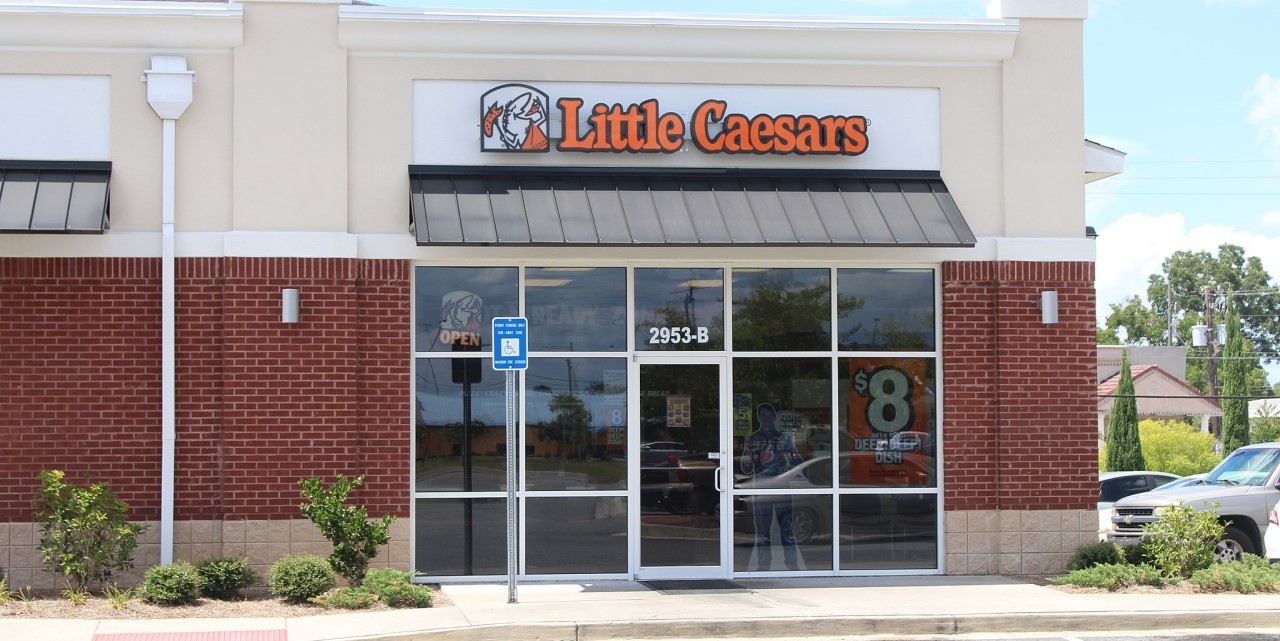Four more big name brands have been added to the list of employers facing class action lawsuits in Cook County courts under an Illinois privacy law, after the Illinois Supreme Court all but gave the green light to such legal actions asserting the companies broke the law when requiring employees to scan their fingerprints when punching the clock.
On Jan. 29-30, class actions were filed in Cook County Circuit Court, ostensibly on behalf of current and former employees of Little Caesars Pizza, ABT Electronics, Choice Hotels and Warehouse Services Inc.
The lawsuits could include potentially thousands of current and former employees of the companies throughout the state of Illinois, with potential damages of tens of millions of dollars at stake.
The lawsuits all center on similar claims surrounding the use of so-called biometric employee time clocks, which require workers to verify their identity using a fingerprint scan or some other so-called biometric identifier.
The lawsuits acknowledge the employers’ use of biometric punch clocks reduce fraud by not allowing other workers to punch the clock on behalf of other workers when they aren’t actually working.
Yet, the lawsuits allege, the employers allegedly violated the rights of their workers under the Illinois Biometric Information Privacy Act (BIPA) by not securing written authorization from employees before scanning their fingerprints for use with the clocks, and not properly notifying employees of the companies’ plans to store, safeguard and ultimately destroy the digital records of the employee fingerprint scans.
Under the BIPA law, employers could be on the hook for damages of $1,000-$5,000 for each time employees scanned their fingerprints using the punch clock, to begin or end a work shift, or when taking unpaid breaks. When spread over hundreds or thousands of workers across the state, the potential damages could quickly escalate.
Named plaintiffs in the new lawsuits include:
Nivea Lenoir, who has worked since July 2018 at a Little Caesars restaurant in the Brighton Park neighborhood on Chicago’s Southwest Side;
Marcus Kardos, who worked as a customer service representative for ABT Electronics at its facility in suburban Glenview from February 2013 – July 2014;
Akia Phillips, of Kankakee, an hourly worker at Warehouse Services Inc.’s Wilmington facility from November 2018 – January 2019; and
Javier de la Rosa, who worked at a Cambria Hotel in Chicago. Cambria is a brand operated by Choice Hotels.
The law firm of Werman Salas P.C., of Chicago, filed the lawsuits against Little Caesars and Warehouse Services. The firm of Stephan Zouras LLP, of Chicago, filed suit against ABT Electronics. And the firm of McGuire Law P.C., also of Chicago, is representing the plaintiffs against Choice Hotels.
The flurry of four BIPA lawsuits follows at least seven others filed in the days surrounding a Jan. 25 ruling from the Illinois Supreme Court, which said a technical violation of the BIPA statute cannot be considered a “technicality,” even if no one was actually harmed.
“Compliance should not be difficult; whatever expenses a business might incur to meet the law’s requirements are likely to be insignificant compared to the substantial and irreversible harm that could result if biometric identifiers and information are not properly safeguarded; and the public welfare, security, and safety will be advanced,” Chief Justice Lloyd Karmeier wrote in the decision.
At the same time, dozens of other similar lawsuits filed under BIPA before the Illinois Supreme Court decision remain pending against employers and other businesses in Cook County Circuit and elsewhere.
The new batch of lawsuits appear as the latest ripple corresponding to warnings from lawyers and business advocates of a potential flood of new class actions, as the ruling effectively obliterated a standard defense mounted by businesses faced with such legal actions.
